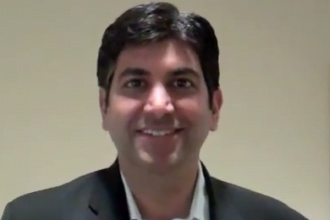Global health-ers are increasingly focused on the potential of financial incentives to improve coverage and quality of health services in low- and middle-income countries.
Global health-ers are increasingly focused on the potential of financial incentives to improve coverage and quality of health services in low- and middle-income countries.
CGD ran a whole working group dedicated to financial incentives (see here) and the World Bank –with UK and Norway support- launched a $500 million trust fund to build out and test results-based funding (RBF) to health providers (see here). All this was nice theoretically, but there was little rigorous evidence that RBF was effective on the supply-side. Finally, in April of this year, a first impact evaluation in Rwanda came out (here), reporting large, positive and significant results in the use of institutional deliveries and well child visits as well as increases in the quality of prenatal care. Other impact evaluations are in the works.
However, as anyone who has ever presented the case for financial incentives knows, the first questions out of the crowd –particularly if you’re talking to medical professionals- are “What about intrinsic motivation? What about professional ethics?” Some observers worry that financial incentives actually crowd out intrinsic motivations like professionalism and altruism by “commodifying” health care.
Over the past years, the University of Maryland’s Ken Leonard and co-authors have been analyzing intrinsic motivation and its relationship to quality of care in Tanzania (see a full list of Ken’s papers here). In a sample of 39 health facilities in the rural and urban areas of Arusha, Ken and his co-author Melkiory Masatu find that when doctors’ interactions with patients are being watched by peers (MDs that are part of Ken’s research team), there is a significant jump in quality. For doctors that are never observed, there is no significant change in quality. However, the “Hawthorne effect” is temporary; quality rapidly returns to levels similar to those found in the absence of a research team. In another paper co-authored with Michelle Brock and Andreas Lange, a small sample field experiment finds that the average health worker is quite responsive to peer scrutiny and increases his/her effort significantly in response to encouragement.
More work from Ken and his collaborators is in store this year and next, but these results are extraordinarily interesting, particularly in light of concerns around cash incentives to providers. As always, new findings elicit more questions:
- Are intrinsic motivation strategies more cost-effective than extrinsic motivation to improve quality of care at the margin?
- Is there evidence that financial incentives crowd out intrinsic motivations?
- How do both kinds of strategies compare to traditional donor-funded approaches to quality improvement such as training and capacity-building?








